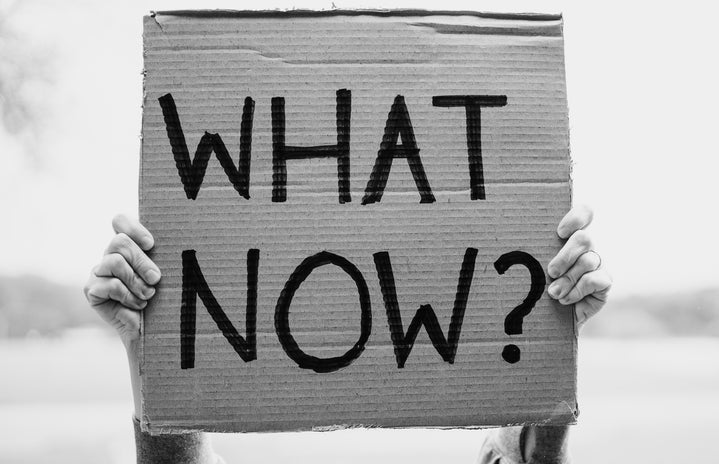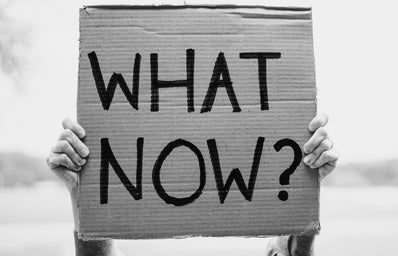With the crazy amount of political information being thrown out into the social media stratosphere every day, it seems like many of us have become mini-activists in our own right. TikTok, Twitter, Instagram and other platforms have given Gen Z the ability to help spread awareness and support for a variety of causes in unique but comfortable ways. But the rise of social media activism has contributed to many users feeling guilted into promoting certain causes. Even worse, performative activism has become a staple on the internet — especially in the last year.
Perhaps the most dangerous aspect to individualized social media activism is the performativity that comes with it: people reposting and retweeting infographics and other information just so they don’t look ignorant, uninformed or unsympathetic. The goal of social media activism was previously to raise awareness for certain issues, gaining new supporters out of people that would’ve never heard of the cause otherwise, but now it seems as though, while there are many issues circulating in the Twitter or TikTok world, taking tangible actions to actually make a difference has decreased.
It’s almost like the more awareness certain movements or issues have received, the less likely individuals are to take action outside of social media to support it.

Blame the pandemic burnout or online fatigue – either one works.
With that being said, it’s also important to note that there are plenty of dedicated activists both on and off social media that are putting in the work for their movements to receive recognition. Many of these men and women have devoted their lives to the respective causes they advocate for and it shows, through and through. But — and here’s a hot take — that doesn’t have to be you or me.
Guilted activism only leads to more performative or half-assed activism that honestly won’t produce much change. Sure, it makes us as individuals seem more educated and empathetic, but does it really bring value to the issues we are claiming to advocate for? Now, I’m not saying to just completely clock out and forget about contributing to a movement ever. All I’m saying is that it may be beneficial to take a step back, evaluate and understand if your social media activism is fueled by true passion, or by guilt.
I’ll be doing the same.


